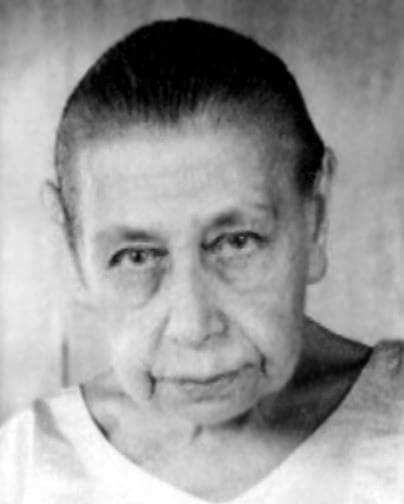Lack of Mental Honesty

Darshan Card 21 February 2018
02/20/2018
Surrendering unreservedly to The Divine
02/23/2018When one begins to see that one has made a mistake, the first movement of the mind is to push it into the background and to put a cloak in front of it, the cloak of a very fine little explanation, and as long as one is not obliged to show it, one hides it. And this is what I call “lack of mental honesty”.
First, one deceives oneself by habit, but even when one begins not to deceive oneself, instinctively there is a movement of trying, trying to deceive oneself in order to feel comfortable. And so a still greater step is necessary once one has understood that one was deceiving oneself, to confess frankly, “Yes, I was deceiving myself.” All these things are so habitual, so automatic, as it were, that you are not even aware of them; but when you begin to want to establish some discipline over your being, you make discoveries which are really tremendously interesting. When you have discovered this, you become aware that you are living constantly in a… the best word is “self-deception”, a state of wilful deceit; that is, you deceive yourself spontaneously.
It is not that you need to reflect: spontaneously you put a pretty cloak over what you have done so that it doesn’t show its true colours… and all this for things which are so insignificant, which have so little importance! It would be understandable, wouldn’t it, if recognising your mistake had serious consequences for your very existence – the instinct of self-preservation would make you do it as a protection—but that is not the question, it concerns things which are absolutely unimportant, of no consequence at all except that of having to tell yourself, “I have made a mistake.”
Ref: Questions and Answers 1957 – 1958




